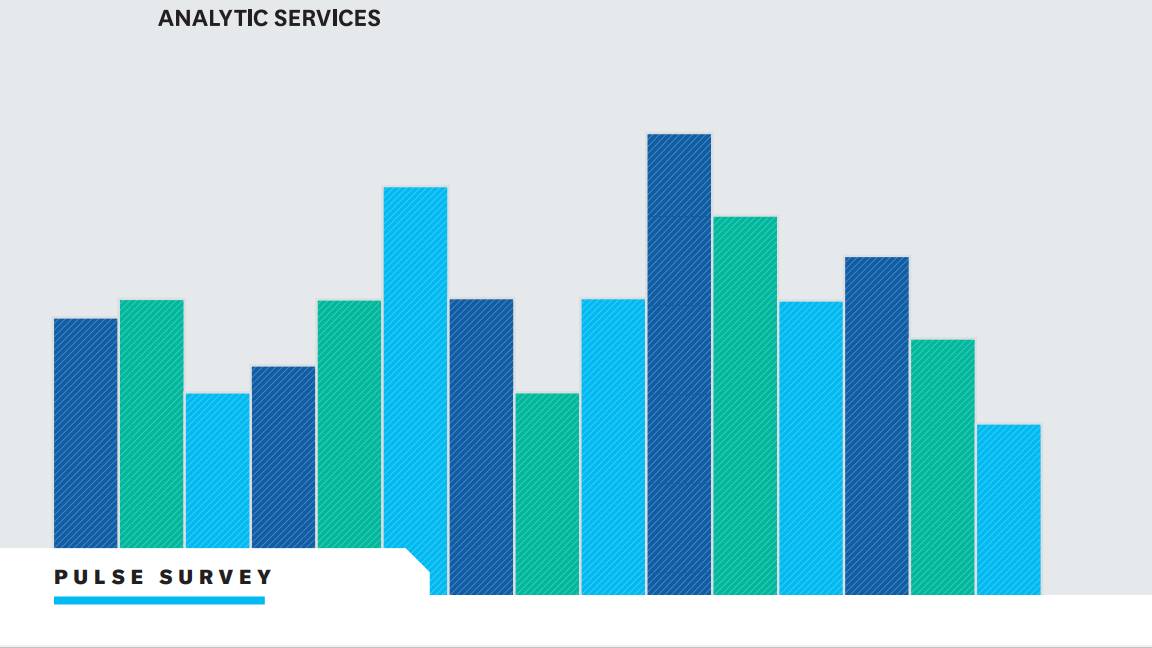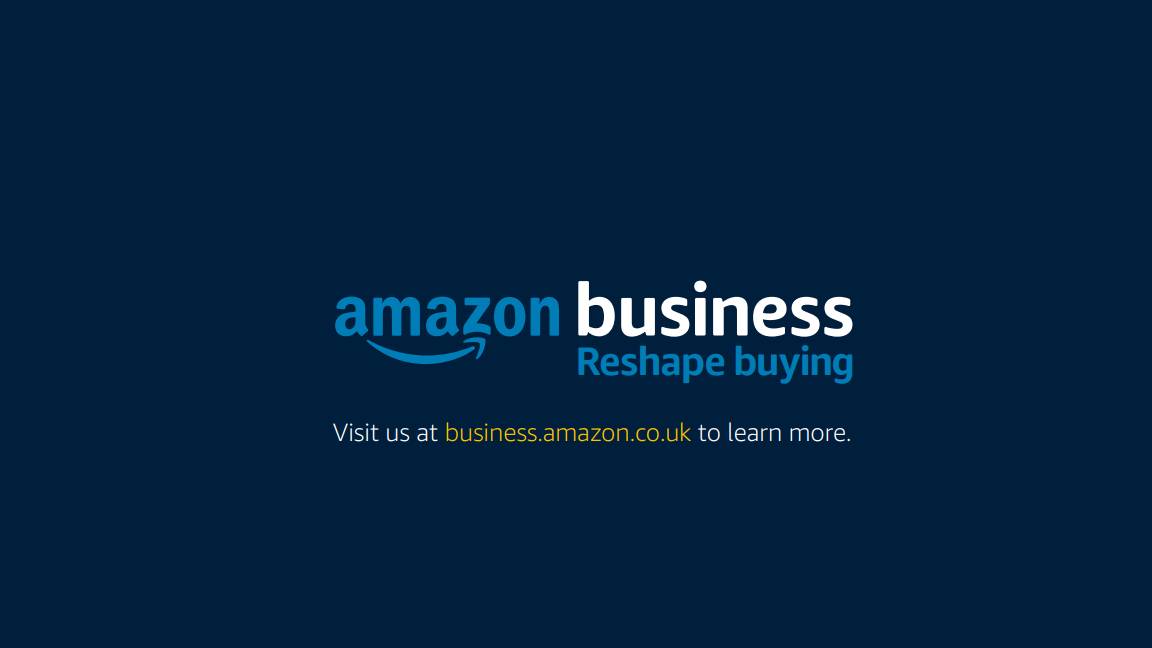Who should control innovation?
Should innovation just be down to the IT department or should everyone in the business pull together? Mark Samuels takes a look...


Modern businesses clamour for IT innovation. In the digital age, novel ideas are perceived to be the solution to a host of organisational challenges, from increasing operational efficiency to boosting customer experience.
CIOs, as the key technology executives within business, have traditionally been seen as the gatekeepers to technology procurement and implementation. That traditional role, however, has been challenged by the consumerisation of IT and the democratisation of technical knowledge.
You don't need to make sudden, big bang changes. If you're really going to take advantage of innovation, then creating improvements is much more than just having a novel idea.
Line-of-business managers, often without the knowledge of the IT department, now purchase technology. Independent market research specialist Vanson Bourne recently discovered 67 per cent of business decision makers have been commissioning and sourcing products from outside the IT department for two years or more.
More than half (57 per cent) feel shadow IT activity will increase in their organisation during the next two years. Worse still for CIOs, 41 per cent of business managers believe they understand their technology requirements better than the IT department.
The search for innovation, then, is a complicated process that relies on many different stakeholder interests. So, how can businesses make the most of innovation and who should control the processes involved in sourcing and implementing new IT?
Have a clear end goal in mind
Mark Foulsham, group CIO at insurance specialist esure, says his firm is a big believer in incremental improvement. "You don't need to make sudden, big bang changes," he says. "If you're really going to take advantage of innovation, then creating improvements is much more than just having a novel idea."
Get the ITPro daily newsletter
Sign up today and you will receive a free copy of our Future Focus 2025 report - the leading guidance on AI, cybersecurity and other IT challenges as per 700+ senior executives
When it comes to rolling out incremental improvements, Foulsham says the best idea is to start simple but to always think of a bigger end point. "You need to put the building blocks in place, so that you can get quick wins in order to demonstrate the benefits of the innovative ideas to the rest of the business," he says.
Foulsham suggests leadership plays a key role in helping the business take advantage of innovation, yet it is far from the only factor. Any form of improvement is reliant on the identification of a clear objective. "There are opportunities from a business and technology angle and I'm a believer that, if there's an objective to achieve, we should always think about how we can work backwards from that objective and towards the ultimate end goal," he says.
As an example, Foulsham points to the work of one area of his team. He says this particular group has undertaken great work in the area of systems monitoring, implementing Compuware's application performance tool Dynatrace. By working closely with the marketing team, the team has a system that allows esure to understand how each customer interacts with individual elements of the firm's web and mobile platforms
"The world is changing and there's more tactical solutions for particular business outcomes," he says, suggesting that the above example allows esure to get a much tighter grip on one crucial end goal for the business - customer experience. By working closely with the marketing team, the IT department is able to suggest solutions to challenges and create continual improvements.
Stress test your ideas with business peers
Byron Thomas, group IS and finance director at steam engineering specialist Spirax Sarco, says CIOs play a crucial role in encouraging innovation. Yet like Foulsham, he also believes the IT department is not the only organisation capable of suggesting ways in which new technology can be used to help boost competitiveness.
"Line heads will also be strong people who are able to generate new ideas that can provide benefits to the company," he says. "To get successful innovation from an IT department, you need to get IT-savvy people to work with these business-savvy people. If that happens, you can generate and implement great ideas."
Like his executive peers at other blue-chip businesses, Thomas recognises that innovation is a team game rather than an individual pursuit. He has held senior management positions in finance, procurement and IT at some of the world's biggest organisations, including Unilever and Kraft. Across all these positions, Thomas has always believed that relationships are crucial to the success of any business initiative.

Mark Samuels is a freelance writer specializing in business and technology. For the past two decades, he has produced extensive work on subjects such as the adoption of technology by C-suite executives.
At ITPro, Mark has provided long-form content on C-suite strategy, particularly relating to chief information officers (CIOs), as well as digital transformation case studies, and explainers on cloud computing architecture.
Mark has written for publications including Computing, The Guardian, ZDNet, TechRepublic, Times Higher Education, and CIONET.
Before his career in journalism, Mark achieved a BA in geography and MSc in World Space Economy at the University of Birmingham, as well as a PhD in economic geography at the University of Sheffield.
-
 Should AI PCs be part of your next hardware refresh?
Should AI PCs be part of your next hardware refresh?AI PCs are fast becoming a business staple and a surefire way to future-proof your business
By Bobby Hellard
-
 Westcon-Comstor and Vectra AI launch brace of new channel initiatives
Westcon-Comstor and Vectra AI launch brace of new channel initiativesNews Westcon-Comstor and Vectra AI have announced the launch of two new channel growth initiatives focused on the managed security service provider (MSSP) space and AWS Marketplace.
By Daniel Todd
-
 Predicts 2024: Sustainability reshapes IT sourcing and procurement
Predicts 2024: Sustainability reshapes IT sourcing and procurementwhitepaper Take the following actions to realize environmental sustainability
By ITPro
-
 Advance sustainability and energy efficiency in the era of GenAI
Advance sustainability and energy efficiency in the era of GenAIwhitepaper Take a future-ready approach with Dell Technologies and Intel
By ITPro
-
 2024 State of procurement report
2024 State of procurement reportWhitepaper The trends shaping the future of business buying
By ITPro
-
 Digital optimisation paves the way to strategic supplier management
Digital optimisation paves the way to strategic supplier managementWhitepaper Procurement’s role as a strategic driver
By ITPro
-
 Bringing order to the file management chaos plaguing AEC firms
Bringing order to the file management chaos plaguing AEC firmswhitepaper How a cloud-based solution, supported by edge technology, helps architecture, engineering, and construction firms boost performance and cut costs
By ITPro
-
 File data services to support modern manufacturing
File data services to support modern manufacturingwhitepaper Smart file data services deliver resilience and intelligence to the modern manufacturing organization
By ITPro
-
 Innovation in product development
Innovation in product developmentwhitepaper The latest data on how successful product development teams collaborate to build the future
By ITPro
-
 The small and medium business guide to buying
The small and medium business guide to buyingWhitepaper Optimising purchasing to save in 2024
By ITPro